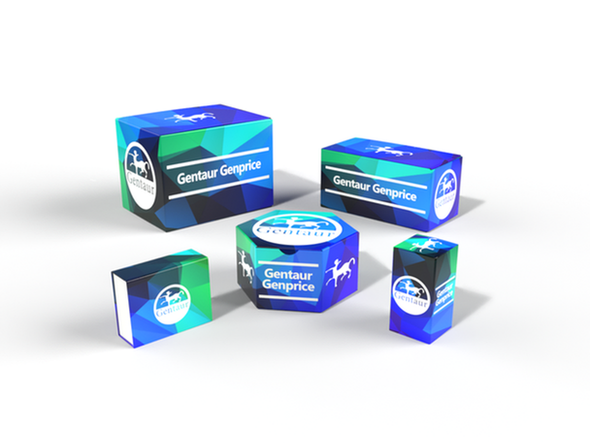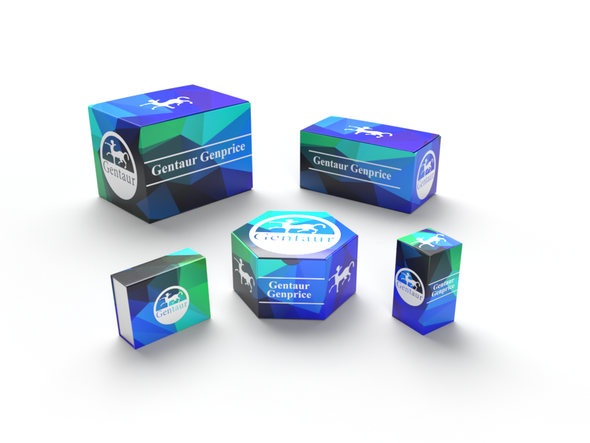BW
CMTM3 polyclonal Antibody | BS61621
- SKU:
- BW-BS61621
- Availability:
- Usually ships in 5 working days
Description
CMTM3 polyclonal Antibody | BS61621 | Gentaur UK, US & Europe Distribution
Host: Rabbit
Reactivity: Human,Mouse,Rat
Application: WB
Application Range: WB: 1:500~1:1000
Background: Chemokines are members of a superfamily of small inducible, secreted, proinflammatory cytokines. Members of the chemokine-like factor superfamily (CKLFSF) share similarities with both chemokine and transmembrane 4 superfamilies of signaling molecules. As a member of the CKLFSF family of proteins, CMTM3 (CKLF-like MARVEL transmembrane domain-containing protein 3), also known as Chemokine-like factor superfamily member 3, is a 182 amino acid membrane protein that is expressed in placenta, testis and leukocytes. The gene encoding CMTM3 resides in a tight gene cluster on human chromosome 16 with CKLF, CMTM1, CMTM2 and CMTM4. Silencing or downregulation of CMTM3 due to aberrant promoter CpG methylation of its gene is frequently observed in common carcinomas, suggesting that CMTM3 is a tumor supressor. CMTM3 also seems to repress activation of AR (androgen receptor) and may therefore play a role in the maturation and maintenance of male reproduction. There are two isoforms of CMTM3 that are produced as a result of alternative splicing events.
Storage & Stability: Store at 4°C short term. Aliquot and store at -20°C long term. Avoid freeze-thaw cycles.
Specificity: CMTM3 polyclonal Antibody detects endogenous levels of CMTM3 protein.
Molecular Weight: ~ 19 kDa
Note: For research use only, not for use in diagnostic procedure.
Alternative Names: CKLF-like MARVEL transmembrane domain-containing protein 3; Chemokine-like factor superfamily member 3; CMTM3; CKLFSF3
Immunogen: Synthetic peptide, corresponding Human CMTM3.
Conjugate: Unconjugated
Modification: Unmodification
Purification & Purity: The Antibody was affinity-purified from rabbit antiserum by affinity-chromatography using epitope-specific immunogen and the purity is > 95% (by SDS-PAGE) .
Pathway:






